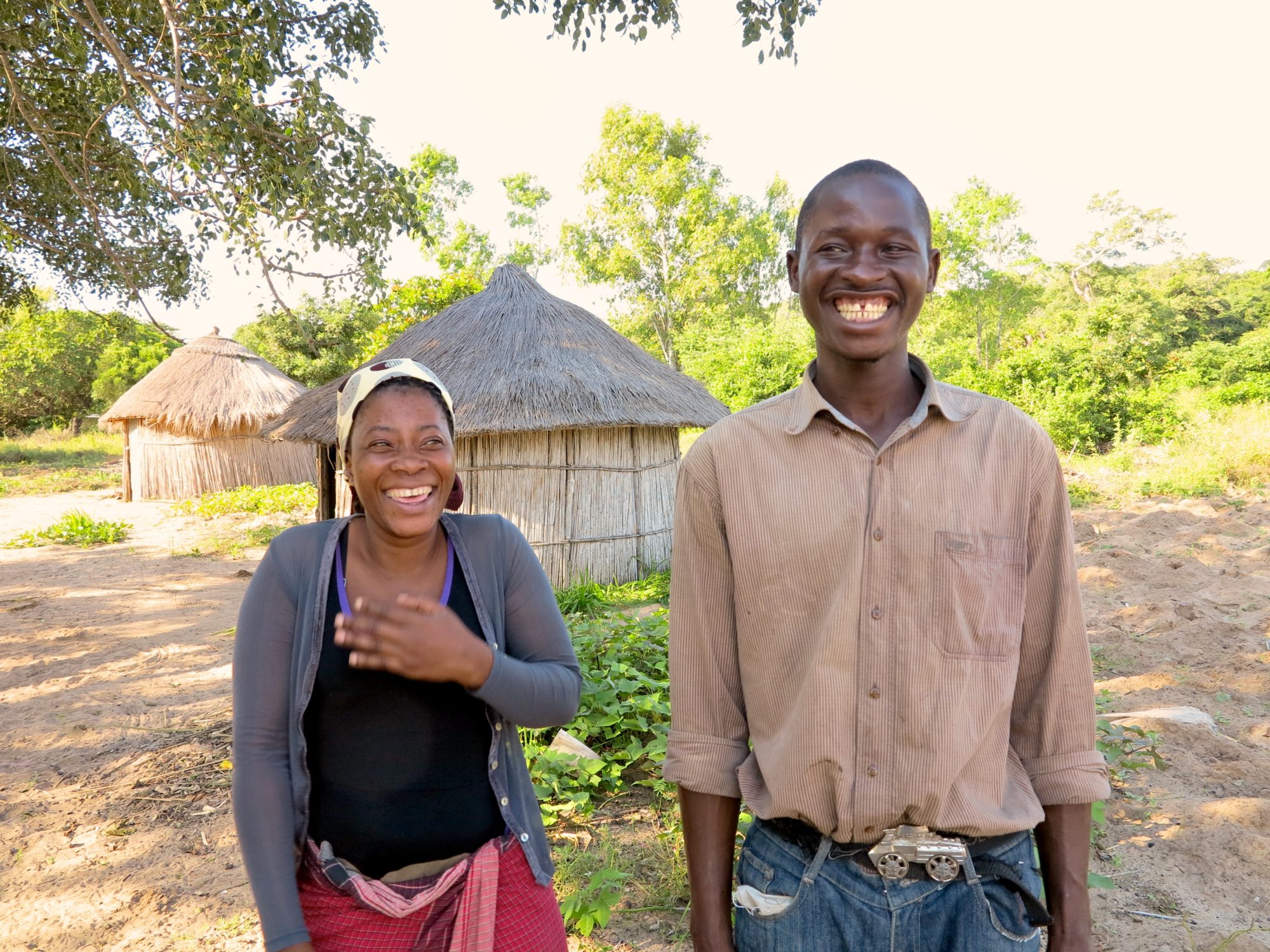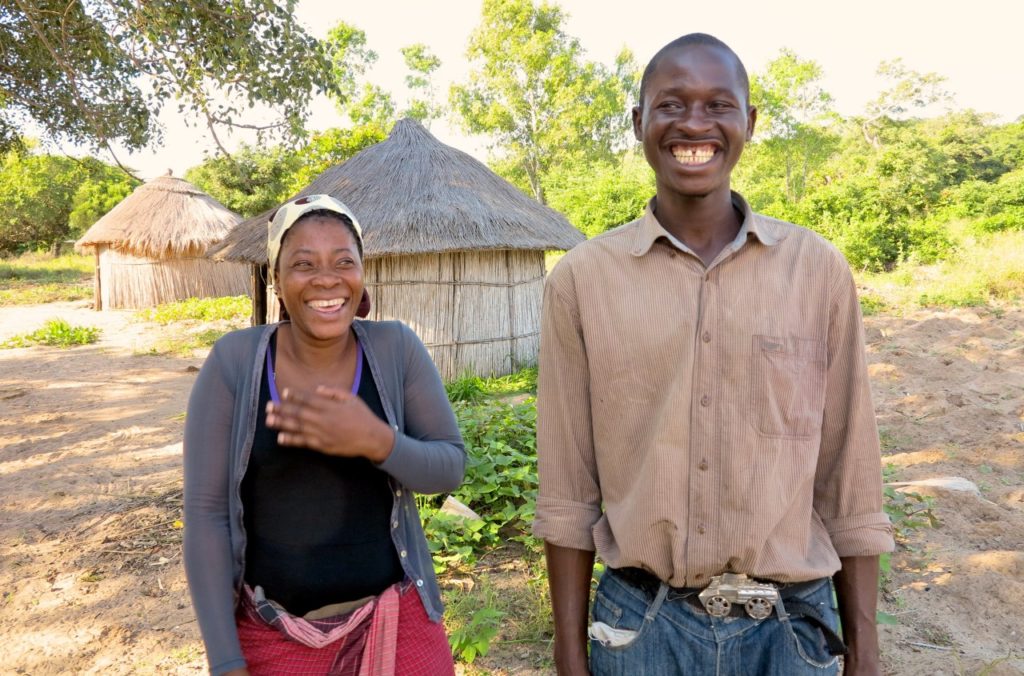
Elias felt weak. He had for days. The muscles in his twenty-nine year old body ached, and he didn’t have the energy that he needed to tend to his fields. Based on his symptoms, he suspected that it was malaria. With no money for transport, he walked for over three hours to the nearest health center to get a test and treatment. Surprisingly, the malaria test came back negative. The nurse gave him a small satchel of paracetamol, and he made the arduous trek back home.
Elias lives in Mucizo, a rural village in Southern Mozambique with neither electricity or running water. His mother, Amelia, was born just a few meters away from where their house – a small cane structure – now stands.
Amelia worried about her son’s health. He was rapidly losing weight and chronically exhausted. Two months after he had made the initial trip to the health center she urged him to go again to get tested for HIV. “I felt as though I was watching him die before my eyes”, she says.
Elias returned to the health center where they ran another malaria test. Again, it came back negative.
Several weeks later, Elias made a third journey to the health facility. This time he specifically asked for an HIV test. The nurse, however, sent him home, saying that it was too crowded and that he would have to return another day. Elias knew that something was terribly wrong. He was terrified and reluctant to leave without an answer, yet too afraid to insist.
The 36 kilometer roundtrip walk to and from the health facility was now too much for him to handle. During the coming weeks, Elias grew weaker, his body wasted. He suffered from constant diarrhea. He felt powerless and as though there was nowhere else to turn for help.
A neighbor suggested that Elias approach Hortência, Namati’s health advocate who serves Machubo Health Center and its catchment communities. Namati’s work in Mozambique aims to develop a model for improving quality of and access to basic health services using a combination of methods including greater literacy around health care and health policy, improved clinic-community dialogue, and pursuit of legal and administrative remedies for breaches of policy or health-related rights.
Hortência explained to Elias that the health center should offer HIV tests to patients every day of the week. Still, Elias was resistant to traveling the long distance again only to be turned away. Hortência offered to accompany Elias to the health facility. He accepted.
When they arrived, they spoke with both the head nurse and the nurse who had seen Elias on his previous visit, explaining that Elias’ right to basic services had been violated. He received an HIV test that same day. The test came back positive.
Elias’ CD4 count at the time indicated that his immune system was significantly compromised and that he qualified for HIV treatment. He initiated a daily regimen of antiretroviral therapy almost immediately.

Namati health advocate Hortência (left) helped Elias (right) secure his right to be tested for HIV.
Hortência continues to monitor the situation at the health facility to ensure that Elias’ experience is not repeated. Namati has also supported the health center staff and village health committee with ongoing training in an effort to increase knowledge of both key government policies and protocols and health-related rights and responsibilities.
Just over three months after receiving his diagnosis, Elias’ strength has returned. His smile is broad and beaming. “It was so good to have an answer, to understand why I felt the way I did. I was finally able to get treatment and to have my life back.”